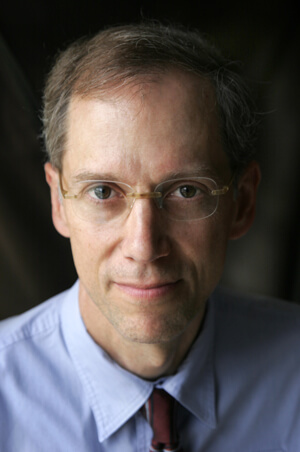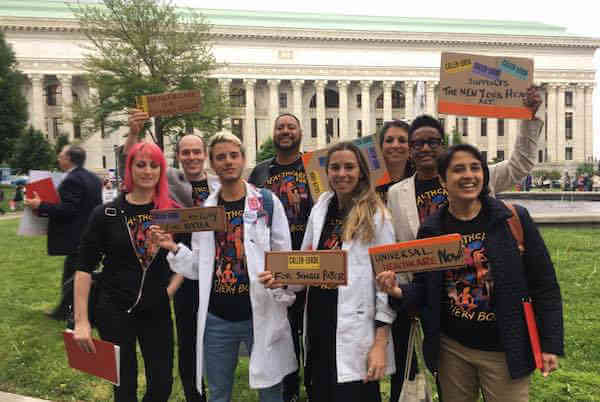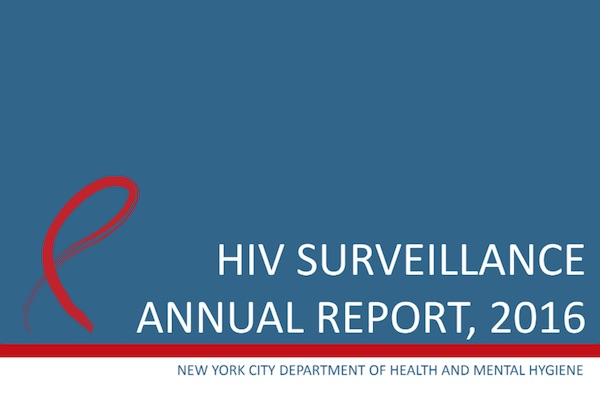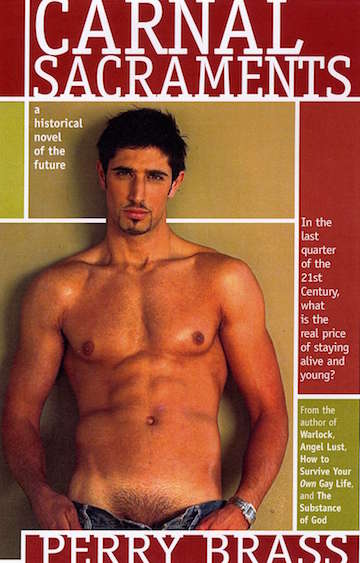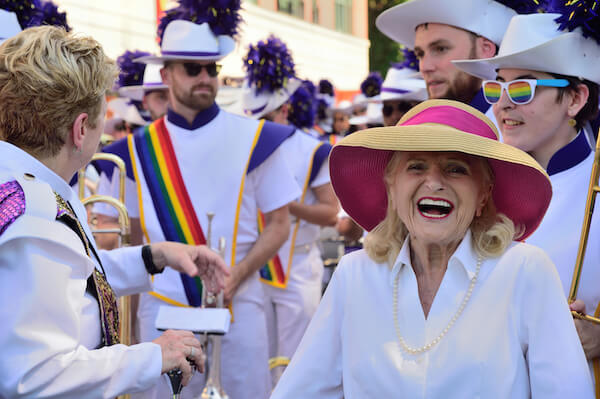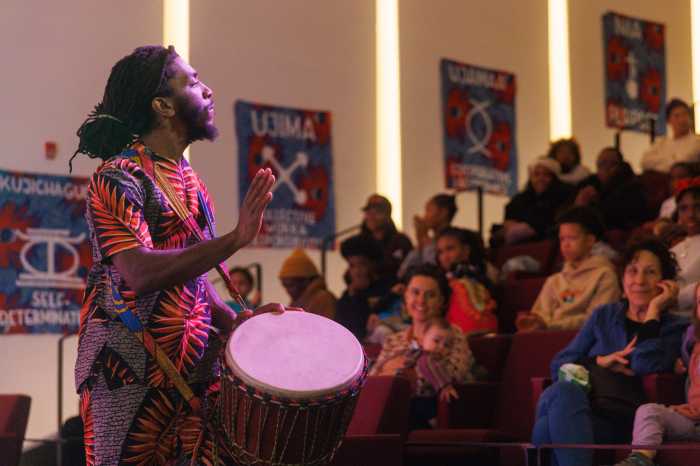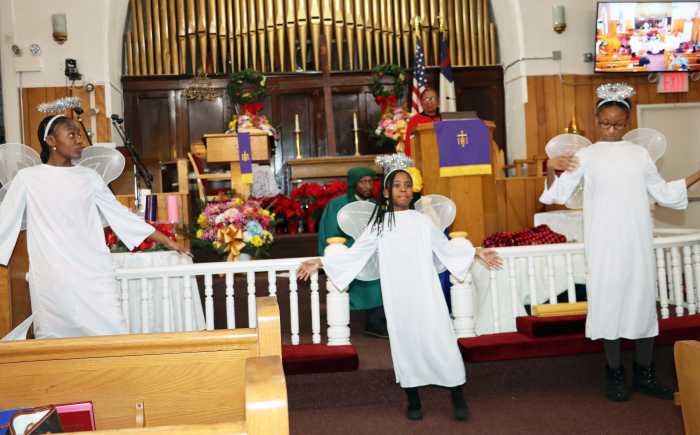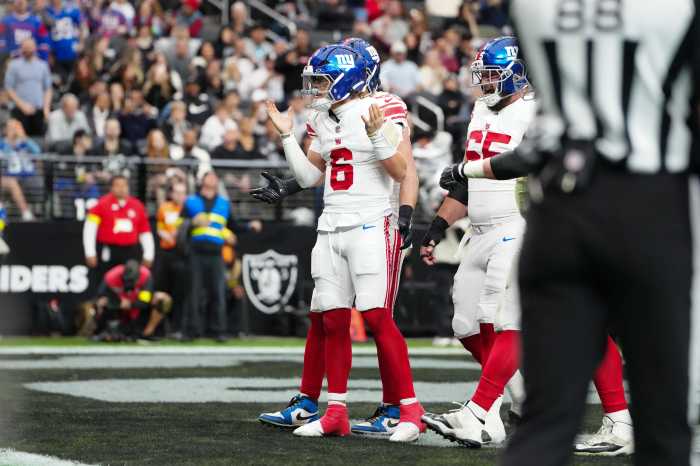Dr. Thomas Farley, the city health commissioner. | DEPARTMENT OF HEALTH AND MENTAL HYGIENE
As New York City’s health department struggled to respond to a meningitis outbreak among gay and bisexual men, the agency wanted to charge the Callen-Lorde Community Health Center for the cost of vaccine doses that it gave to the gay health clinic on behalf of the state health department.
In a series of October 2012 emails obtained from the state health department under New York’s Freedom of Information Law, Jay Laudato, Callen-Lorde’s executive director, complained to senior staff at the state agency that he was told by the city that a contract he had with the city health department would be cut by $9,000 to pay for 125 vaccine doses.
Previously, the city had given Callen-Lorde 100 free doses. The city and state then proposed to give another 250 free doses to the clinic, but the 250 were to come from the city’s inventory. The city said it would cut $9,000 from the contract to pay for the state’s 125 doses and that Callen-Lorde should bill the state to recoup the $9,000.
City effort to charge Callen-Lorde for vaccine doses indicative of flat-footed response
Callen-Lorde opted to reject half of the doses to avoid billing the state. At that point, Callen-Lorde had purchased 400 doses on its own and had administered 316 first doses of the two-shot vaccine.
“The complicated scenario you referenced… came from a misunderstanding that Callen-Lorde needed up-front money to purchase vaccines,” Laudato wrote in an email to Gay City News. “Neither NYC nor NYS can advance funds to a provider. They can only reimburse after an expenditure is made. At that point, we had already purchased several hundred doses of vaccines. And so, we didn’t need to reduce one grant and increase the other.”
The interaction with Callen-Lorde is emblematic of the city’s hapless response to the outbreak.
The city health department, which declined to comment for this story, first announced the outbreak in a September 2012 alert sent to reporters that said there had been four meningitis cases among the city’s gay and bisexual men in the prior four weeks. In a separate alert sent to medical providers at the same time, the department disclosed that there had been 12 cases altogether since August of 2010 and four of those men were dead.
The department first recommended that all sexually active HIV-positive gay and bisexual men get vaccinated, then expanded that recommendation to include all sexually active gay and bisexual men regardless of HIV status about six weeks later. While saying publicly that it wanted to vaccinate 10,000 men, the department initially purchased 4,000 vaccine doses.
The outbreak grew to 22 cases with seven deaths. A 23rd man who lived outside New York City but spent significant time here also caught the bug.
Eventually, the city health department spent just over $800,000 altogether to buy nearly 12,000 doses, including the initial 4,000 doses. To date, 17,142 people have been documented as vaccinated, though that is likely an undercount since reporting the shots is voluntary. There have been no new cases since February.
Callen-Lorde has administered 4,737 of the shots, or roughly 27 percent of the known doses, and eventually received more free vaccine.
“[A]fter what I attribute to the intervention of [City Council Speaker Christine Quinn], Callen-Lorde was given an allocation of 1,500 doses for uninsured patients,” Laudato wrote to Gay City News.
Other records released by the state health department also show an early struggle to vaccinate susceptible men.
In a November alert, the city health department noted that gay and bisexual men in certain Brooklyn neighborhoods were at particular risk for meningitis. The state records show that few of the known HIV-positive gay and bisexual men who were on Medicaid, the government health insurance program, in those neighborhoods were vaccinated in the seven weeks after October 1, 2012.
The state health department reported that 1,590 HIV-positive gay and bisexual men were living in Bedford Stuyvesant, one of the neighborhoods mentioned in the November alert, as of the end of 2010. Just 29 male Medicaid recipients received the vaccine after October 1.
Chelsea-Clinton in Manhattan also had 29 male Medicaid recipients vaccinated after October 1. The state health department estimated that there are 4,350 HIV-positive gay and bisexual men living in that neighborhood as of the end of 2012.
Of the 42 neighborhoods listed in the state documents, 24 had between zero and six male Medicaid recipients get vaccinated despite having anywhere from less than a hundred to a few hundred to thousands of HIV-positive gay and bisexual men living there.
Two other North American cities that experienced meningitis outbreaks among gay and bisexual men immediately launched campaigns that gave thousands of men the meningitis vaccine.
In 2001, Toronto had a six-case outbreak that killed two men. Health officials administered 3,850 vaccine doses free of charge in less than a month and reported no new cases.
Chicago had six cases and three deaths in 2003. That city administered 14,267 vaccine doses in eight days and had no new cases.

